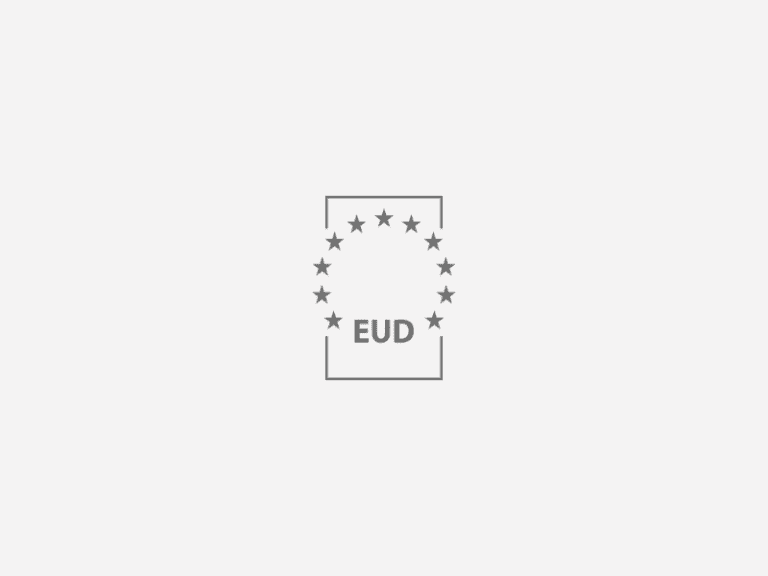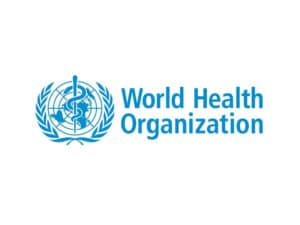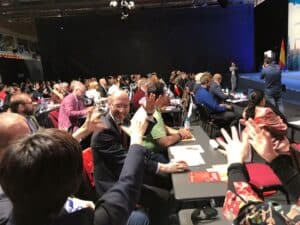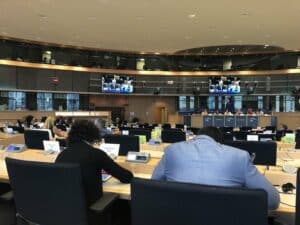On 24 October 1945 the United Nations (UN) came into force when the five permanent members of the Security Council ratified the UN charter. These members were: France, the Republic of China, the Soviet Union, the United Kingdom, and the United States. 24 October has been celebrated as the United Nations Day since that year, celebrating and reflecting on the work of the United Nations.
Many activities are organised by all parts of the UN, particularly in the main offices in New York (USA), the Hague (Netherlands), Geneva (Switzerland), Vienna (Austria), and in Nairobi (Kenya). There are concerts, the UN flags is flown on important buildings, awareness is raised about UN’s work, to name only a few.
The foundations of UN (the name before was “League of Nations”) were laid in the Treaty of Versailles, which formally ended World War I. It was signed in Versailles, France, on 28 June 1919. This League aimed to support disarmament, prevent outbreaks of war, and facilitate negotiations.
The ideas around the United Nations were developed in the last years of World War II, particularly during the UN Conference on International Organization in San Francisco, USA, beginning on 25 April 1945. The UN was officially created when the UN Charter was formally ratified on 24 October that year.
Today the UN works with many organisations, for example the World Health Organization (WHO); the United Nations Educational, Scientific and Cultural Organization (UNESCO) and United Nations Human Rights Council (UNHCR).
United Nations is important for Deaf people too, because United Nations created Convention on the Rights of Persons with Disabilities (CRPD), which is important for people with disabilities to protect their rights and promotes their equality. In this CRPD people can find articles, which mention sign language. In these articles, sign language is a respected language; Deaf persons have a right to have a sign language interpreter and have education in their sign language. Deaf persons cannot be discriminated on the basis of disability and the Deaf community is recognised as a cultural group.
Further links:
UNCRPD in International Sign by WFD:
http://wfdeaf.org/human-rights/crpd
United Nations:
http://www.un.org/
World Health Organisation:
http://www.who.int/en/
United Nations Educational, Scientific and Cultural Organization:
http://en.unesco.org/
United Nations Human Rights Council:
http://www.ohchr.org/EN/HRBodies/HRC/Pages/HRCIndex.aspx













